The Silent Battle: Exploring PTSD Treatments and Psychedelic Research in Veteran Care

For veterans, trauma often persists even after their military service has ended; this trauma can overshadow a veteran’s life, family, and future. Post-Traumatic Stress Disorder, or PTSD, is a result of carrying this trauma; PTSD is a debilitating condition that leads to dangerous symptoms and sometimes deadly outcomes. As a veteran, I’ve lost more of my fellow veterans to PTSD-related suicide than I ever lost during my time in service. My firsthand experiences as a combat medic and my overall military service give me a unique understanding of the urgency required in finding effective treatments for PTSD and reducing the impact of life-long trauma on servicemembers, veterans, and their families.
November 11, 2023, will be my 10th Veterans Day since I was medically retired from the US Army. Since leaving military service, I have used my veterans’ benefits to earn both my undergraduate and graduate degrees at no cost, to help me buy my dream home in my hometown, and to start a flower farm with my family. The knowledge, skills, and abilities I gained from my time in service have helped me to find success with a regulatory career for clinical trials and new drug development. At the beginning of 2023, I began my role for MMS Holdings, an award-winning, data-focused clinical research organization (CRO).
While I was medically retired due to injuries I suffered during my service, I was lucky enough to leave the Army with all my limbs and no major scarring. The lifelong injuries I received are both physical and mental; they are just not visible at first glance. My fellow veterans suffer from similar ‘invisible’ ailments that force them to justify their experiences, mask their symptoms, and internalize their trauma. PTSD is one of the most dangerous of these invisible injuries due to its association with increased suicidal thoughts and behaviors, and, thankfully, treatments are being developed to reduce the harm and impacts of PTSD on those who deal with it daily.
Working at MMS has given me the opportunity to take part in the development of new treatments for PTSD, which has become a profound and personal journey. Being on the frontline of psychedelic research comes with its own set of challenges. However, MMS equips me with the tools, support, and expertise needed to operate successfully. MMS leads the way in psychedelic drug development, aiding in the discovery of effective treatments and novel therapies for PTSD and other serious conditions, impacting both veterans and the broader community. While challenging, the ability to contribute to a brighter future for my fellow veterans is profoundly rewarding. I am honored to play a role in the ongoing development of psychedelics and constantly humbled by my fellow veterans who participate in research studies for developing new PTSD therapies.
Recently, the FDA has released draft guidance on the development of psychedelics in preparation for these new therapies and drugs in development: Link to MMS Psychedelic blog. Along with this new FDA guidance, the VA is supporting the development of psychedelic therapies for veterans with PTSD and other mental health conditions. In the first episode of the VA’s newly launched podcast series, VA subject matter experts discuss psychedelic-assisted therapies, along with a veteran who shares his experiences as a participant in a psychedelic research trial and the impact on his life after recovering from PTSD and suicidal ideation: New Horizons in Health: Bringing Veteran Health Care into the Future – Episode 1: “Psychedelics”
It’s been a decade since my retirement from the U.S. Army, during which time I’ve been able to pursue an education, build a farm, and start a new chapter of my life. I’ve witnessed increased public support for veterans over this period, leading to sweeping overhauls of veterans’ benefit services and, most importantly, the VA Health Care System. These improvements in access and quality of care for veterans have been complemented by increased legislative efforts to decriminalize and legalize psychedelics. This progress gives me hope that we are likely to see a psychedelic approved for the treatment of PTSD in the coming years.
If you’re interested in learning more or speaking with an MMS expert, please click here to contact us, and we’ll connect you with the appropriate specialist.
Authored by: Ritchie Patton, Manager, Regulatory Strategy, Regulatory Affairs.
Suggested For You
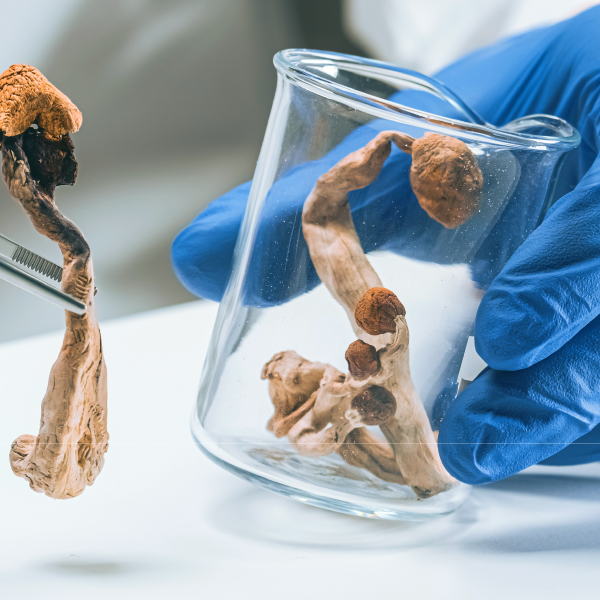
perspectives
May 21st, 2024
Psychedelics and Regulatory Considerations Part II: A Shift in Lexicon and Implications of “Nonmedical Use” On Labelling

perspectives
May 10th, 2024
Psychedelics in Drug Development and Regulatory Considerations Part I: Benefit-Risk
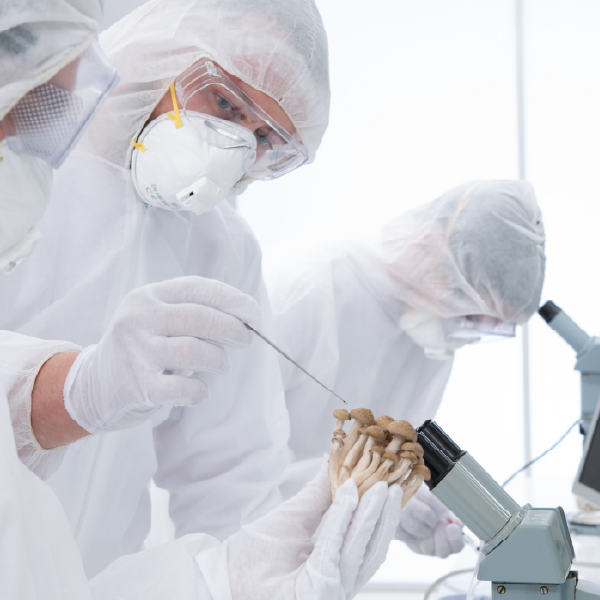
perspectives
October 26th, 2023
Psychedelic Drug Development is Here: What You Need to Know
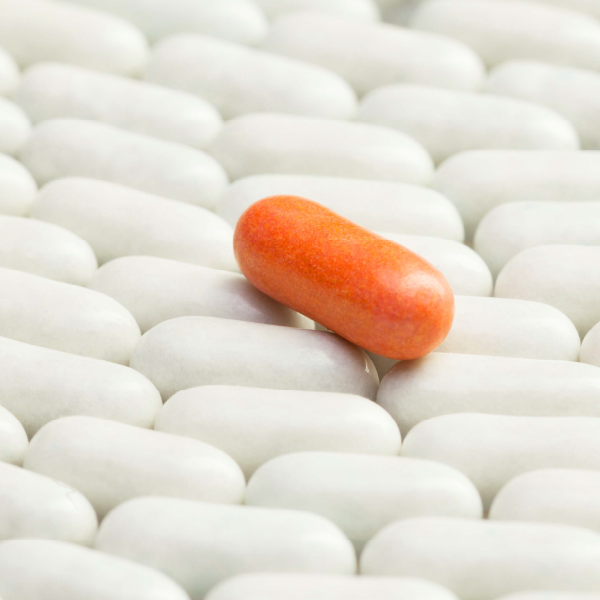
perspectives
February 24th, 2023
Orphan Drug Designations in the EU: Recent Rare Disease Treatment Updates
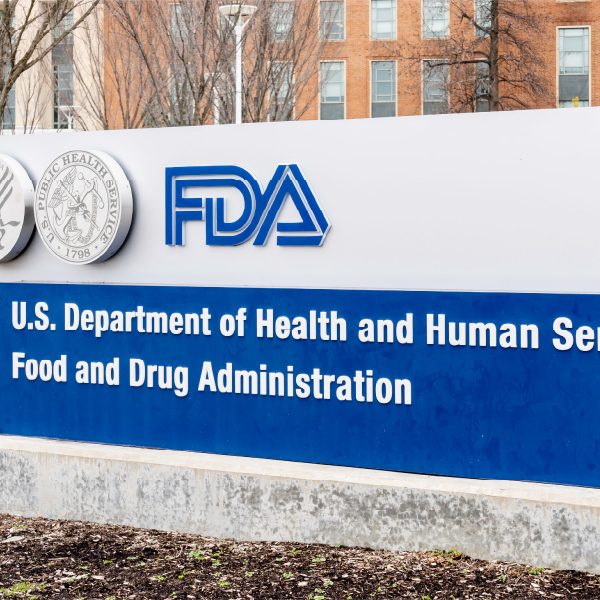
perspectives
January 10th, 2022
New FDA Guidance to Support Ultra-Rare Disease Drug Development

perspectives
September 15th, 2021
Challenges of Rare Disease Drug Development Programs

perspectives
June 13th, 2019
Developing Treatments for Rare Diseases – Reviewing Recent FDA Draft Guidances
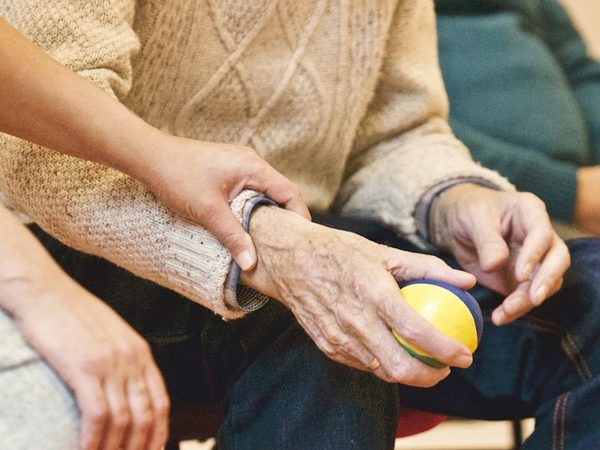
perspectives
June 27th, 2017
Alzheimer’s Awareness and the Future of Clinical Development: Face the Scope and Don’t Lose Hope

perspectives
November 16th, 2023
New Investigator Updates and the Need to Keep Your Clinical Study Protocol Up-to-Date
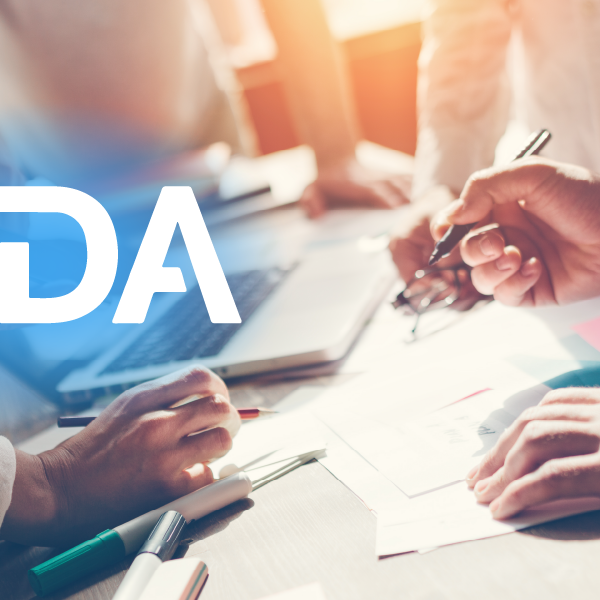
perspectives
August 24th, 2023
“D” is for Discipline: Everything You Need to Know About FDA's Type D Meetings

perspectives
August 2nd, 2023
Single-Arm Trials and Drug Approval in the European Union (EU)

perspectives
June 6th, 2023
5 Reasons to Get Excited About the FDA DSUR Format